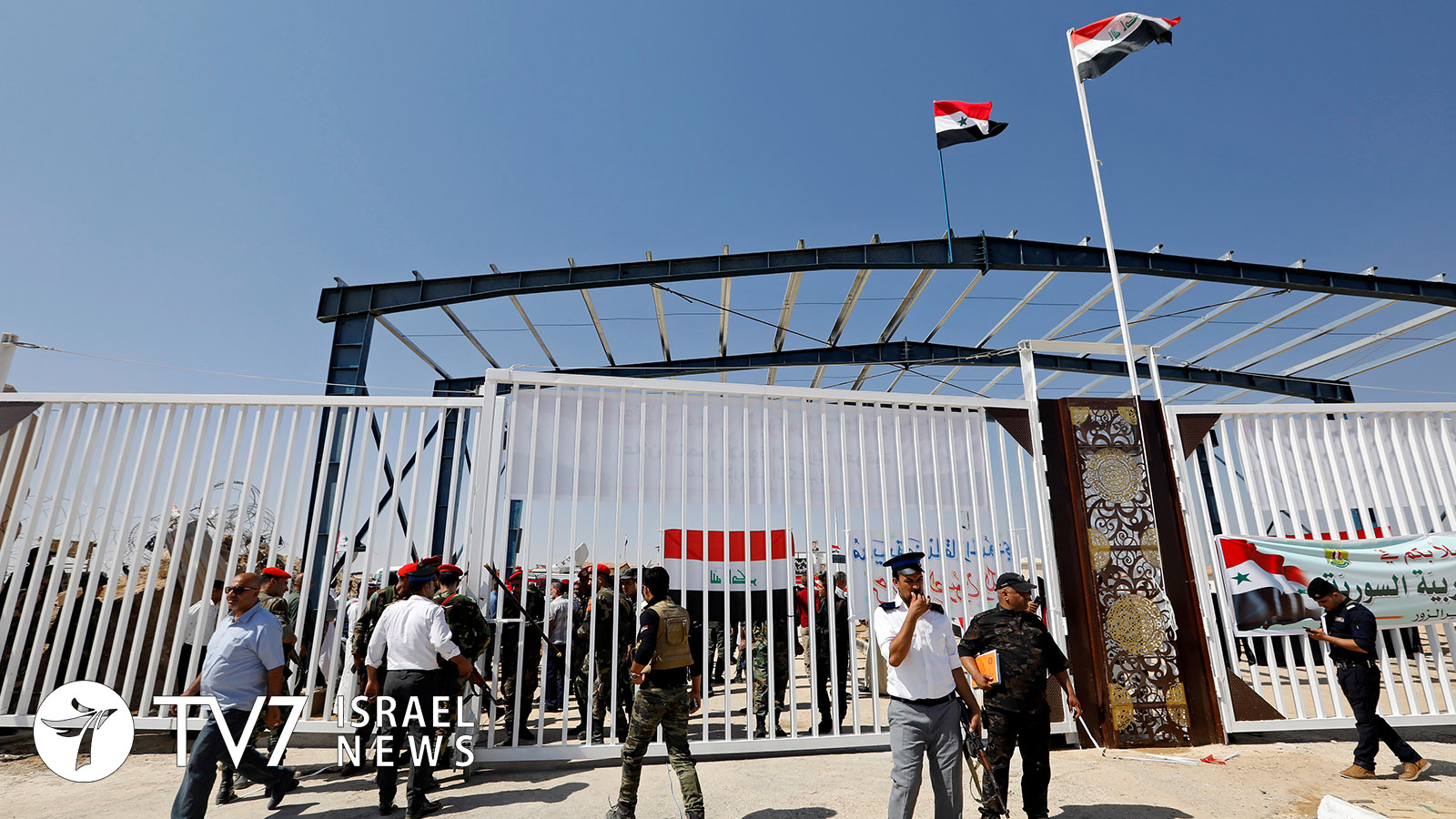The Syrian government, in cooperation with its Iraqi counterparts, announced the reopening of the Al Bukamal – al-Qaim border, as part of the latest effort to normalize relations between Baghdad and Damascus. The crossing was closed in 2012 during the height of the the Syrian civil war when large swathes of eastern territories had been seized by anti-regime rebel forces.
In a celebratory opening attended by government and military officials from both countries, Iraq’s Border Agency Chief Kadhim al-A’kabi voiced hope that the move will “contribute to developing and enhancing the economic relations between the two countries.”
Syrian Interior Minister Mohammed Khaled appeared on behalf of the government President Bashar al-Assad at the ceremony, where he declared the border’s unsealing “came as a result of the victory of both Syrian and Iraqi peoples against the terrorist organizations, on top of the terrorists Da’esh,” using the Arabic acronym for the Islamic State of Iraq and the Levant, also known as ISIS or ISIL.
It is important to note that the Al-Qa’im crossing had been under the control of the Islamic State from July 2014 to November 2017. While the area’s so-called liberation was conducted separately by the Syrian and Iraqi armies, Iranian-proxy militias operating on both sides of the border – including the Popular Mobilization Forces and Hezbollah -served as the main ground forces which ultimately prevailed in recapturing the strategic crossing point. Since that time, Tehran has attained significant influence over the area.
Western intelligence officials report that the Islamic Revolutionary Guards Corps methodically uses Al-Qa’im and another newly-established nearby crossing to transfer substantial military provisions and scores of Shi’ite militants from Iraq into Syria. The region has recently been subjected to repeated aerial bombardments by unknown aircraft, including last month’s drone strike which has been attributed to the Israeli Air Force by local sources.
